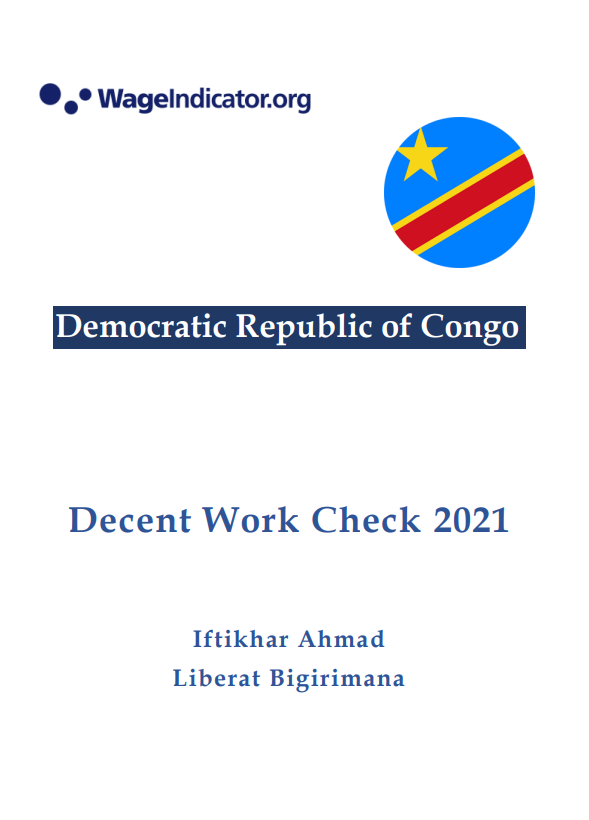Format:
Decent Work Check

The Decent Work Check can be used to assess the extent to which a given job meets the criteria of decent work. First-off, the country-specific decent work check shows the extent to which the country's regulation is consistent with ILO conventions. In addition, the check includes a survey for employees. This survey results in a score (low-medium-high) that shows the extent to which your rights as a worker are being safeguarded.
WageIndicator Foundation has been working, since late 2007, to raise awareness on workplace rights through a unique tool, i.e., Decent Work Check. The Decent Work Check considers different work aspects, which are deemed important in attaining "decent work". The work makes the rather abstract Conventions and legal texts tangible and measurable in practice.
The Decent Work Check employs a double comparison system. It first compares national laws with international labour standards and gives a score to the national regulations (happy or sad face). If national regulations in a country are not consistent with ILO conventions, it receives a sad face and its score decreases (and vice versa). It then allows workers to compare their on-ground situation with national regulations. Workers can compare their own score with national score and see whether their working conditions are consistent with national and international labour standards. The Check is based on de jure labour provisions, as found in the labour legislation.
Decent Work Check is useful both for employees and employers. It gives them knowledge, which is the first step towards any improvement. It informs employees of their rights at the workplace while simultaneously enlightening employers about their obligations. Decent Work Check is also useful for researchers, labour rights organizations conducting surveys on the situation of rights at work and general public wanting to know more about the world of work. WageIndicator teams, around the world, have found out that workers, small employers and even labour inspectors are not, sometimes, fully aware of the labour law. When you are informed - being a workers, self-employed, employee, employer, policy maker, labour inspector - there is a greater possibility that you ask for your rights (as a worker), you comply with rules (as an employer) and you strive to enforce these (as a labour inspector).
The work is relevant to the challenges posed to the future of work especially the effective enforcement of legislation in financially constrained states, rise of precarious employment and measuring the impact of regulatory regimes.
Currently, there are more than 100 countries for which a Decent Work Check is available.
